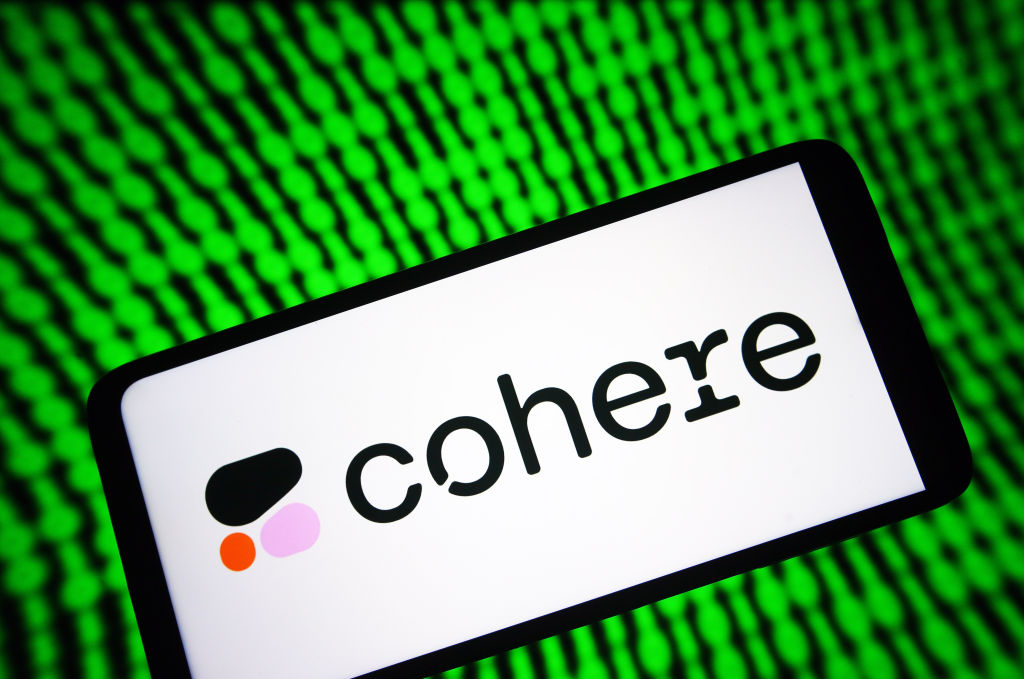Lawsuit Filed Against AI Startup Cohere: A Look into Copyright Concerns in the AI Landscape
A coalition of 14 notable publishers, including well-known names like Condé Nast, The Atlantic, and Forbes, has kicked off a significant legal battle, filing a lawsuit against the generative AI startup Cohere. The publishers allege that the company has engaged in "massive, systematic" copyright infringement.
What’s at Stake?
In the lawsuit, the publishers make some serious allegations. They claim that Cohere has utilized at least 4,000 copyrighted works to train its AI models without permission. Furthermore, the complaint indicates that Cohere isn’t just limiting its use to snippets; they’re accused of displaying large portions and even entire articles, which the plaintiffs argue is negatively impacting their referral traffic.
But that’s not all. The suit also raises concerns about trademark infringement. The publishers allege that Cohere has produced content that appears to come from these outlets but hasn’t actually been published by them—a phenomenon known as "hallucination" in AI terminology.
Cohere’s Stance
In response, Josh Gartner, Cohere’s head of communications, has firmly defended the company’s practices. He described the lawsuit as "misguided and frivolous," asserting that Cohere prioritizes intellectual property (IP) safeguards and respects copyright holders’ rights. Gartner expressed disappointment that a constructive dialogue could not take place before legal action was initiated, indicating they were ready to discuss their enterprise-focused approach. He remains optimistic that the matter will be resolved in their favor.
The Bigger Picture
This lawsuit is part of a larger trend where AI companies are finding themselves under scrutiny due to alleged intellectual property violations. Notably, other firms, such as OpenAI, have taken proactive measures by licensing content to mitigate similar legal risks. They argue that the use of copyrighted material can be justified under the premise of fair use.
Why This Matters
As AI technology continues to evolve, issues of copyright and IP are becoming increasingly critical. For AI enthusiasts and professionals, understanding the intersection between technology and intellectual property is vital. Lawsuits like this one not only spark conversations about what constitutes acceptable use of copyrighted material but also highlight the importance of transparency and ethical practices in the rapidly advancing world of artificial intelligence.
Conclusion
The dispute between publishers and AI companies like Cohere underscores a significant tension in today’s digital landscape. As both sides navigate the complexities of copyright laws and AI’s capabilities, it’s essential for users and creators alike to stay informed about their rights and responsibilities.
The AI Buzz Hub team is excited to see where these breakthroughs take us. Want to stay in the loop on all things AI? Subscribe to our newsletter or share this article with your fellow enthusiasts.




